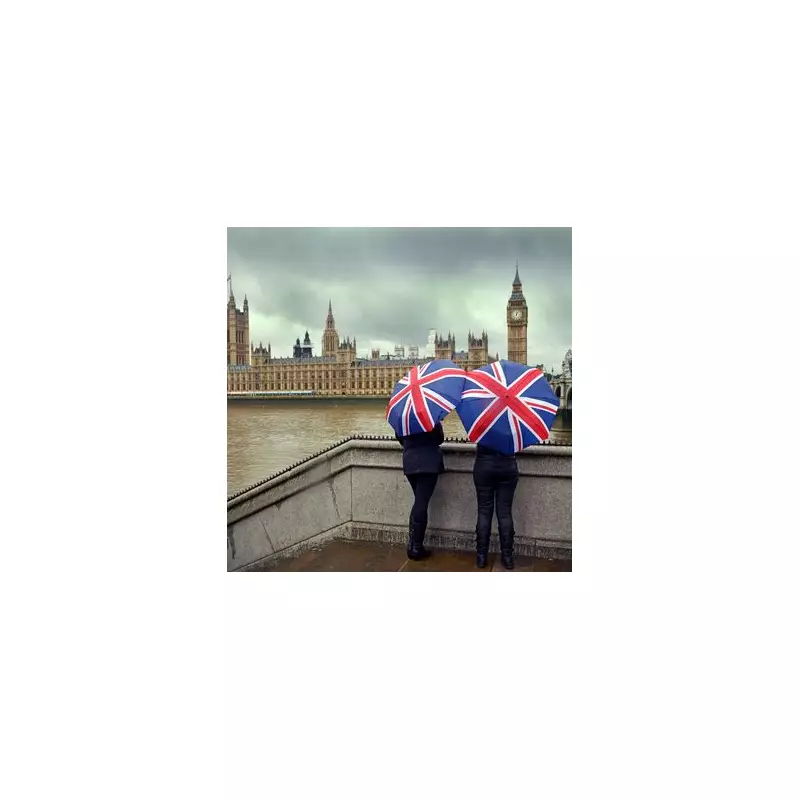
An American tourist's dream holiday to Britain turned into a brush with the law following a serious breach of national etiquette: queue jumping. The incident, which unfolded at the historic Windsor Castle, saw the visitor nearly arrested after allegedly bypassing the orderly line of patiently waiting tourists.
A Royal Setting for a Cultural Clash
The confrontation occurred at one of the UK's most iconic landmarks, a favourite residence of the late Queen Elizabeth II. Witnesses reported that the tourist attempted to move towards the front of the long queue, an act considered deeply offensive in British culture. This prompted immediate and vocal disapproval from others in line.
"There was a lot of shouting, people were telling him to get to the back," one onlooker recounted. The situation escalated rapidly when security personnel and then local police were called to intervene.
The Price of Skipping the Line
The tourist was reportedly given a stark choice by authorities: return to the very back of the queue or face arrest for causing a public disturbance. The individual, finally comprehending the gravity of the situation, opted to join the end of the line, avoiding a potentially disastrous outcome for their holiday.
This incident highlights a common cultural friction point. For many visitors, particularly Americans accustomed to different social norms, the British reverence for orderly queuing can be underestimated. In the UK, the queue is a sacred social contract, and violating it is seen as a sign of extreme rudeness.
A Warning to Visitors
The story serves as a potent reminder to all international travellers: when in Britain, respect the queue. What might seem like a minor shortcut can be interpreted as a major social transgression, capable of attracting public ire and official intervention. The unwritten rules of British society are taken very seriously, especially when enforced in the shadow of a royal palace.





